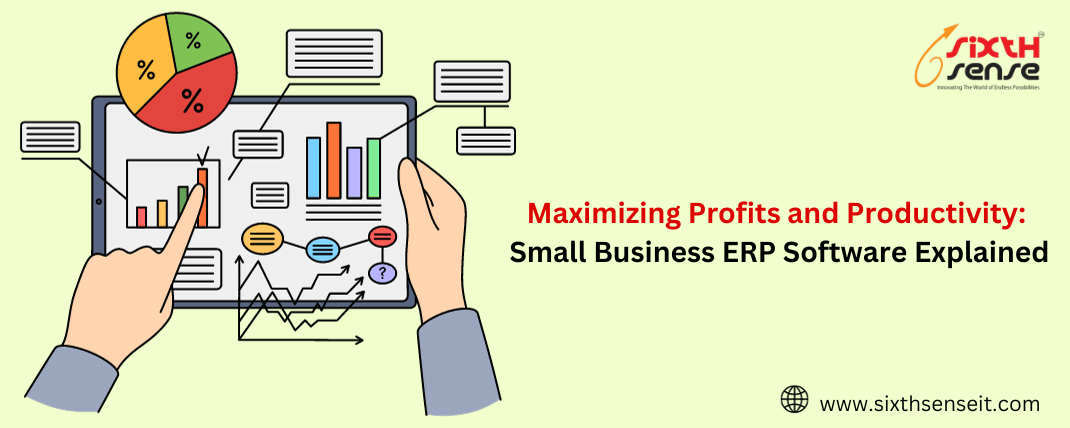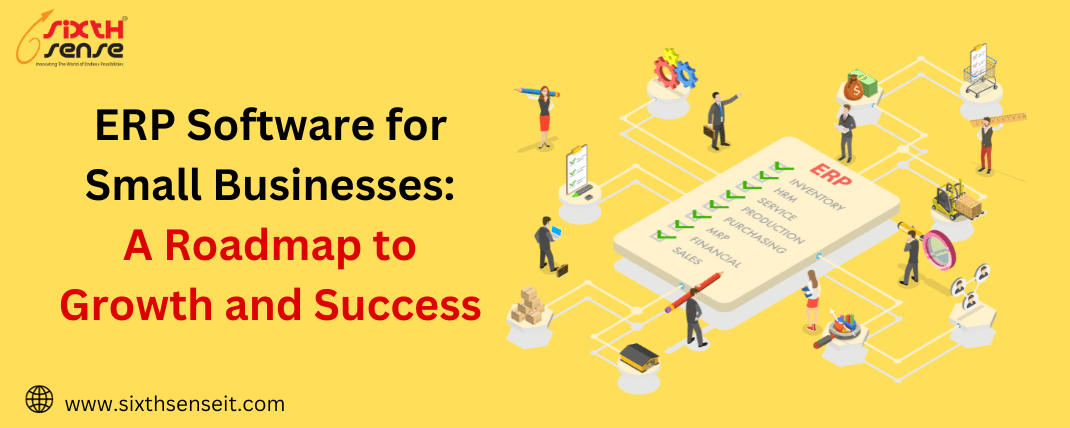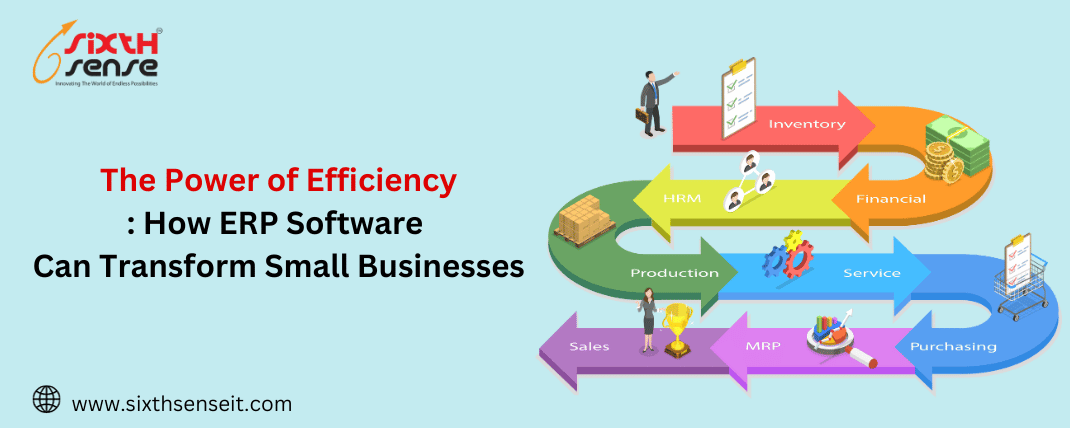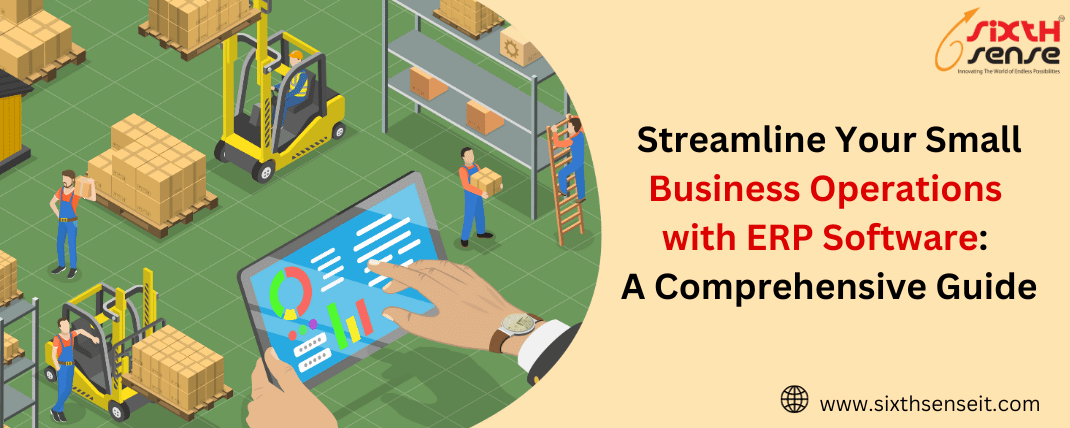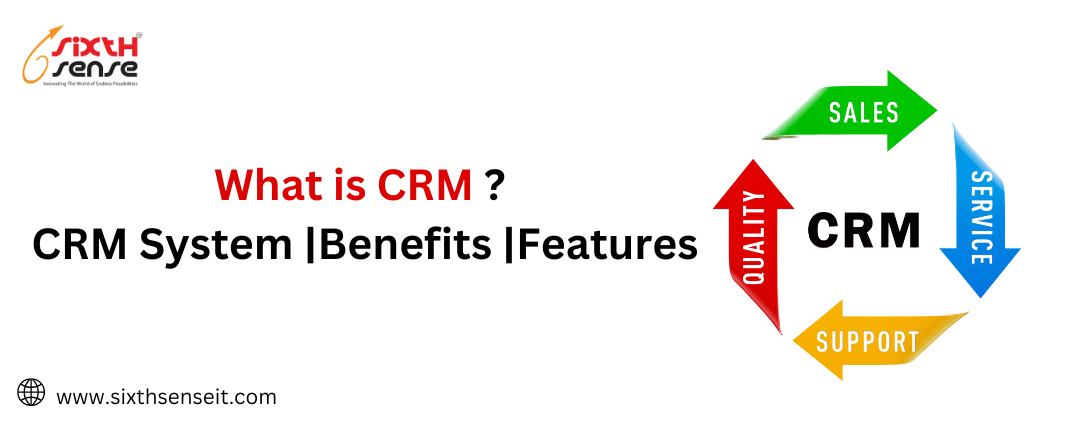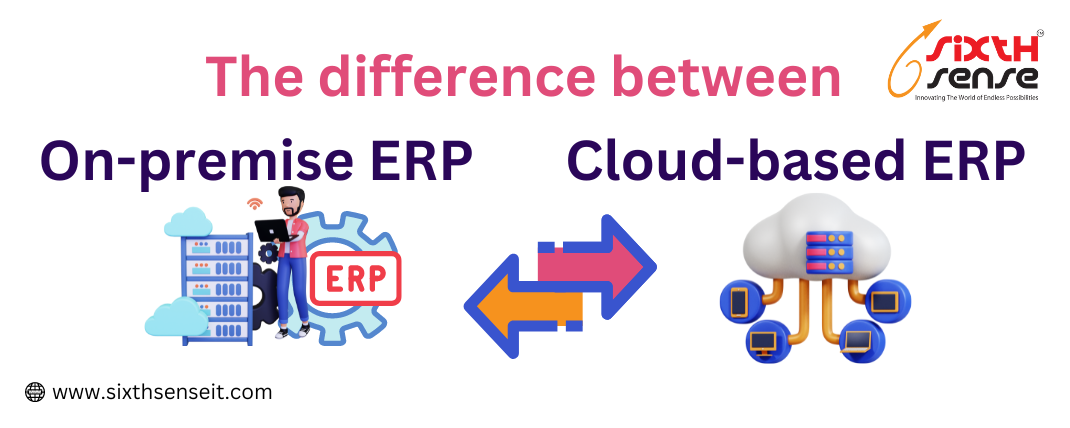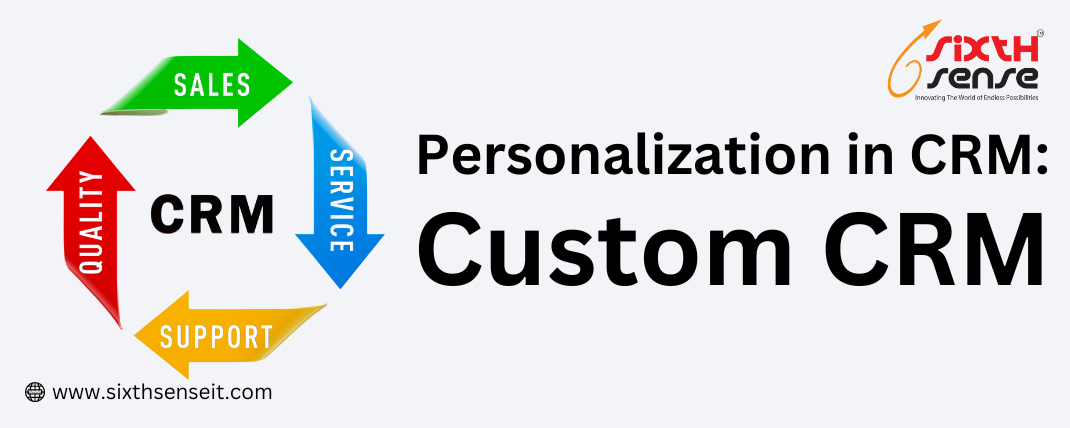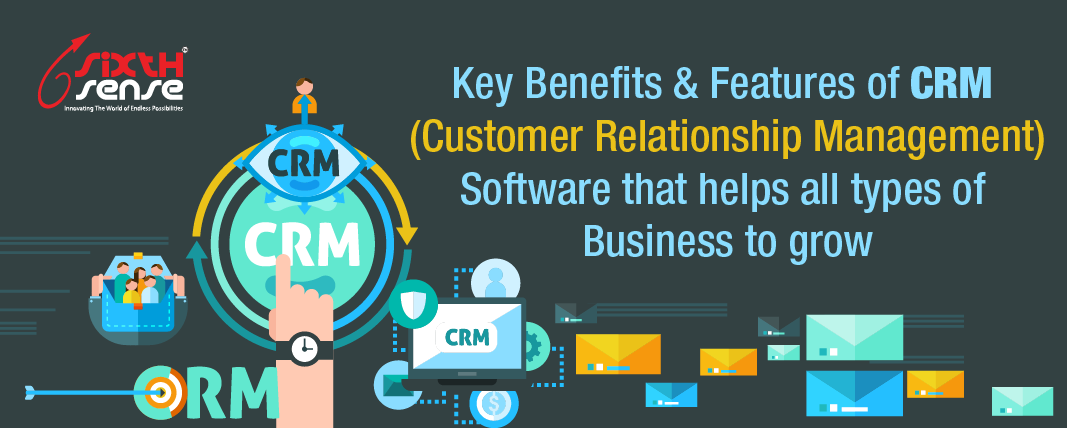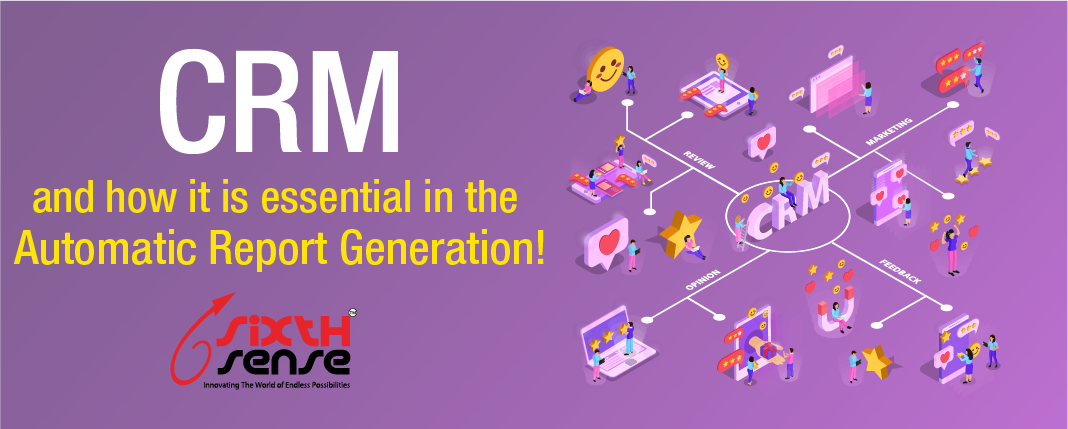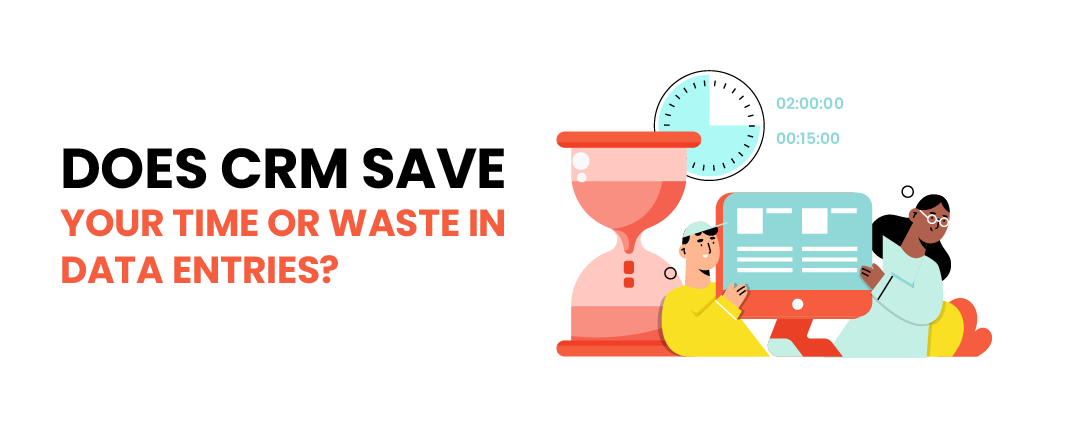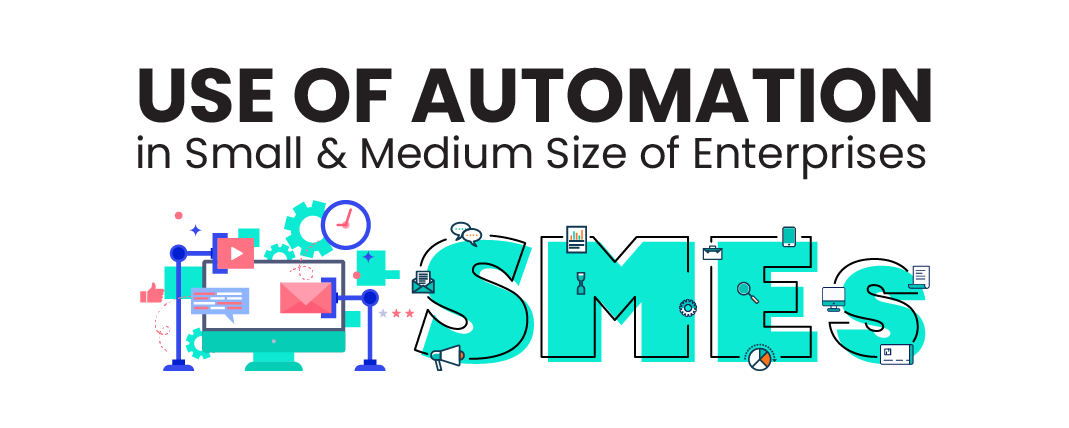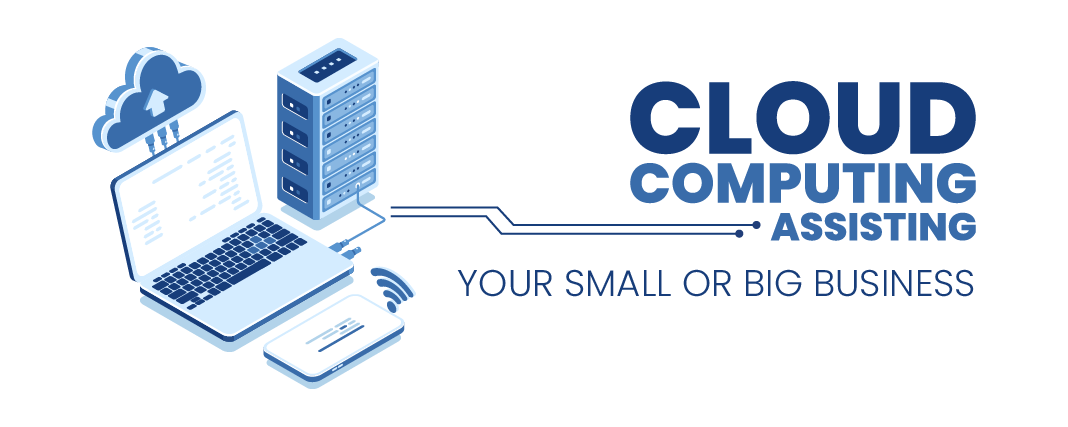
Using financial management software to better understand and manage your business finances.


Financial management software is a type of computer program or application that helps businesses and individuals manage their financial data and processes. It provides a centralized platform for organizing and tracking financial transactions, generating financial reports, and managing budgets, cash flow, and investments. Financial management software can be used by individuals or businesses of all sizes, from small startups to large corporations.
This module allows businesses to manage their financial transactions, such as invoices, expenses, and payments. It also generates financial reports, including balance sheets, income statements, and cash flow statements.
This module helps businesses set financial goals, create budgets, and track expenses against those budgets. It can also provide alerts when expenses exceed budgeted amounts.
This module helps businesses manage their cash flow by providing real-time data on incoming and outgoing funds. It allows businesses to predict future cash flows and make informed decisions about investments and expenditures.
This module helps individuals and businesses manage their investments, including stocks, bonds, and mutual funds. It provides real-time data on the performance of investments and helps users make informed decisions about buying and selling securities.
This module provides customizable financial reports, including charts and graphs, to help users analyze their financial data and make informed decisions.
This module helps businesses and individuals manage their tax obligations by tracking income, expenses, and deductions and generating tax forms and reports.
Financial management software can be cloud-based or installed on a local server, depending on the needs of the user. Cloud-based financial management software is hosted on remote servers and accessed through the internet. It provides the advantage of anytime, anywhere access to financial data and updates, as well as automatic backups and data security. On the other hand, locally installed financial management software is installed on the user's computer or server and provides greater control over data and security.
In conclusion, financial management software is a powerful tool that can help businesses and individuals manage their financial data, processes, and investments. It provides a centralized platform for organizing and tracking financial transactions, generating reports, and managing budgets, cash flow, and taxes. With the help of financial management software, users can make informed decisions about their finances, optimize their financial management processes, and achieve their financial goals.
Financial management software is essential for businesses of all sizes and types for several reasons. Here are some of the key reasons why a business needs financial management software:
Financial management software provides accurate and up-to-date financial data, allowing businesses to generate comprehensive financial reports quickly and easily. These reports provide critical information about the financial health of the business, such as income, expenses, profit and loss, cash flow, and balance sheet. Accurate financial reporting is crucial for making informed decisions about investments, managing budgets, and identifying areas for cost-cutting.
Financial management software automates many financial processes, reducing the risk of errors and saving time. For example, accounting modules can automate tasks such as invoicing, expense tracking, and payment processing. By streamlining financial processes, businesses can save time and resources, allowing them to focus on other aspects of the business.
Financial management software provides real-time data on cash flow, helping businesses manage their finances more effectively. With accurate cash flow data, businesses can make informed decisions about investments, manage cash reserves, and ensure they have enough funds to cover expenses.
Financial management software provides the data and insights needed to make informed decisions about investments, expenses, and budgets. By providing accurate and up-to-date financial data, businesses can make informed decisions about how to allocate resources, identify areas for cost-cutting, and plan for the future.
Financial management software can significantly increase the efficiency of financial processes, reducing the time and resources needed to manage finances manually. By automating tasks such as invoicing, expense tracking, and payment processing, financial management software can help businesses save time and money, allowing them to focus on other areas of the business.
Financial management software can help businesses comply with regulatory requirements and tax laws. By providing accurate financial data and generating tax reports, financial management software can help businesses avoid penalties and fines for non-compliance.
In conclusion, financial management software is an essential tool for businesses of all sizes and types. It provides accurate financial reporting, streamlines financial processes, improves cash flow management, aids decision-making, increases efficiency, and ensures compliance with regulatory requirements and tax laws. By using financial management software, businesses can optimize their financial management processes, reduce errors, save time and resources, and ultimately achieve their financial goals.
Effective financial management is crucial to the success of any business. It involves tracking and analyzing financial data to make informed decisions about how to allocate resources and optimize profits. With the rise of technology, financial management software has become an essential tool for businesses of all sizes to manage their finances more effectively. In this blog post, we will explore the benefits of using financial management software and how it can help you better understand and manage your business finances.
Financial management software is a tool that allows businesses to track, manage, and analyze their financial transactions and data. It provides a centralized platform for businesses to manage their accounts payable and receivable, budgets, cash flow, and other financial data. This software can be cloud-based or installed on a local server, depending on the needs of the business.
One of the primary benefits of financial management software is that it provides accurate financial reporting. With this software, businesses can generate financial statements, including income statements, balance sheets, and cash flow statements, with a few clicks of a button. This information can help business owners better understand their financial position, make informed decisions, and identify areas for improvement.
Financial management software can streamline many financial processes, including invoicing, payment processing, and budgeting. This can help businesses save time and reduce the risk of errors. With automated processes, businesses can ensure that invoices are sent out on time, payments are received promptly, and budgets are adhered to.
Cash flow is one of the most critical aspects of financial management. Financial management software can help businesses manage their cash flow more effectively by providing real-time data on incoming and outgoing funds. This information can help business owners make informed decisions about when to make purchases, when to pay bills, and how to manage their cash reserves.
Financial management software provides businesses with accurate and up-to-date financial data, which can help them make better-informed decisions. With access to financial reports, business owners can identify areas where they need to cut costs, where they can invest more, and where they can increase revenue. This information can help businesses make strategic decisions that can lead to long-term success.
Financial management software can help businesses increase efficiency by automating many financial processes. This can free up time for business owners and their staff to focus on other aspects of the business, such as sales and customer service. With automated processes, businesses can also reduce the risk of errors and save money on administrative tasks.
There are many financial management software options available on the market, so choosing the right one can be a challenge. When choosing financial management software, it's essential to consider the specific needs of your business. Here are some factors to consider:
The size of your business will determine the features and functionality you need in your financial management software. Small businesses may only need basic features, while larger businesses may require more advanced features and customizations.
Financial management software can vary in cost, depending on the features and functionality you require. It's important to consider the cost of the software and whether it provides value for money.
Financial management software should be user-friendly and easy to navigate. This is especially important if you have staff who will be using the software.
Consider whether the financial management software can integrate with other software your business uses, such as CRM or inventory management software.
Financial management software will store sensitive financial data, so it's essential to choose software that has robust security features to protect your data.
Financial management software is an essential tool for businesses of all sizes to manage their finances effectively. By providing accurate financial reporting, streamlining financial processes, improving cash flow management, aiding decision-making, and increasing efficiency, financial management software can help businesses achieve long-term success.
When choosing financial management software, businesses should consider the size of their business, cost, user-friendliness, integration, and security. By selecting the right financial management software for their specific needs, businesses can optimize their financial management processes and achieve their financial goals.
In summary, financial management software can provide businesses with a comprehensive view of their financial position, aid decision-making, and improve financial management processes. By leveraging this technology, businesses can optimize their financial management, ultimately leading to long-term success.













































